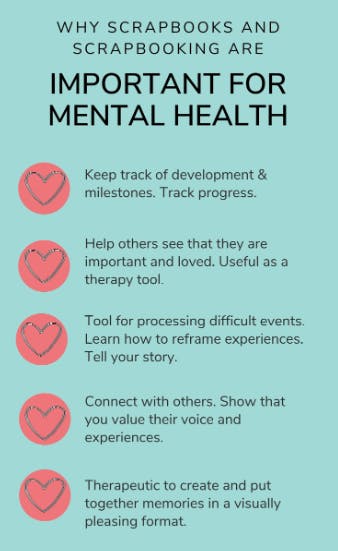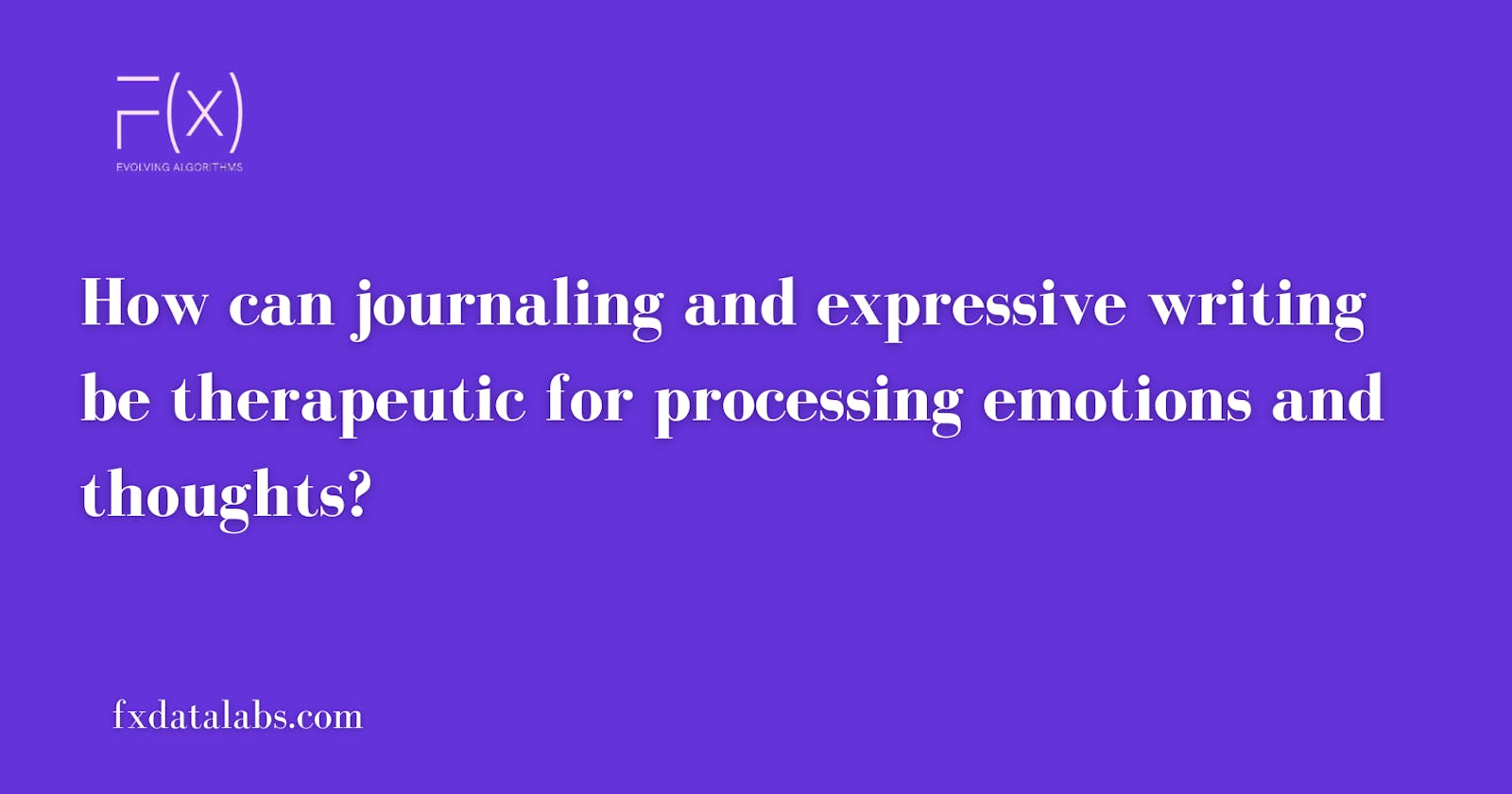How can journaling and expressive writing be therapeutic for processing emotions and thoughts?
Discover the Therapeutic Power of Journaling and Expressive Writing!
In today's fast-paced and often overwhelming world, many people struggle to effectively process their emotions and thoughts. From everyday stressors to traumatic experiences, the human mind can become cluttered with a myriad of thoughts and feelings, leading to anxiety, depression, and other mental health issues.
Fortunately, journaling and expressive writing offer powerful tools for individuals to navigate their inner landscapes, fostering self-awareness, emotional processing, and personal growth.
The Power of Putting Pen to Paper
Journaling and expressive writing involve the act of putting pen to paper (or fingers to keyboard) to express one's thoughts, feelings, and experiences.
Unlike traditional diary-keeping, which may focus on documenting daily events, journaling and expressive writing delve deeper into the realm of emotions and introspection.
Through writing, individuals have an opportunity to explore their innermost thoughts, confront difficult emotions, and gain clarity on complex issues.

Therapeutic Benefits of Journaling
Journaling has long been recognized as a therapeutic tool for promoting mental health and well-being. Here are some of the key benefits:
Emotional Release:
Writing about emotions allows individuals to release pent-up feelings, providing a sense of relief and catharsis. By putting words to their experiences, individuals can validate their emotions and process them in a healthy manner.
Self-Reflection:
Journaling encourages self-reflection and introspection, enabling individuals to gain insights into their thought patterns, behaviors, and beliefs. Through regular writing, individuals can identify recurring themes, triggers, and areas for personal growth.

Stress Reduction:
Writing about stressful events or concerns helps to externalize worries and concerns, reducing their impact on mental well-being. By offloading thoughts onto paper, individuals can gain a sense of control over their circumstances and find constructive ways to cope with stress.
Problem-Solving:
Journaling can be a valuable tool for problem-solving and decision-making. By writing about challenges or dilemmas, individuals can brainstorm solutions, weigh pros and cons, and gain clarity on the best course of action.
Gratitude and Positivity:
Incorporating gratitude journaling into one's routine can foster a more positive outlook on life.
By focusing on what they are grateful for, individuals can cultivate a sense of appreciation and abundance, even in the face of adversity.

Expressive Writing as a Therapeutic Tool
Expressive writing takes journaling a step further by encouraging individuals to delve into their deepest emotions and experiences. Unlike traditional journaling, which may focus on recounting events, expressive writing emphasizes the emotional and psychological impact of those events.
Here are some ways in which expressive writing can be therapeutic:
Processing Trauma:
Expressive writing has been shown to be particularly effective in processing trauma and overcoming traumatic experiences. By writing about traumatic events in a safe and supportive environment, individuals can gain a sense of control over their narrative and begin the healing process.
Promoting Self-Discovery:
Expressive writing encourages individuals to explore their innermost thoughts, feelings, and beliefs, leading to profound insights and self-discovery. By delving into their subconscious, individuals can uncover hidden truths, unresolved conflicts, and unmet needs.
Facilitating Emotional Healing:
Writing about difficult emotions, such as grief, anger, or shame, can facilitate emotional healing and release. Through expressive writing, individuals can acknowledge and validate their feelings, leading to greater self-acceptance and inner peace.

Enhancing Creativity:
Expressive writing can also enhance creativity and self-expression. By tapping into their imagination and intuition, individuals can explore new perspectives, generate fresh ideas, and unleash their creative potential.
Conclusion
In conclusion, journaling and expressive writing are powerful tools for processing emotions, gaining self-awareness, and promoting mental health and well-being. Whether used for daily reflection, stress relief, or deep emotional healing, writing offers individuals a safe and supportive outlet for exploring their inner worlds.
By making journaling and expressive writing a regular part of their self-care routine, individuals can cultivate greater resilience, clarity, and emotional balance in their lives.
For more insights into AI|ML and Data Science Development, please write to us at: contact@htree.plus| F(x) Data Labs Pvt. Ltd.
#Journaling #ExpressiveWriting #MentalHealth #SelfCare #EmotionalWellBeing 📝✨🧠🌱

